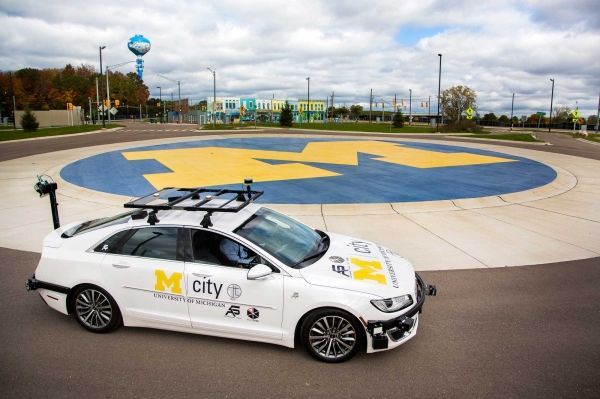The benefits of self-driving cars will likely induce vehicle owners to drive more, and those extra miles could partially or completely offset the potential energy-saving benefits that automation may provide, according to a new University of Michigan study.
In the coming years, self-driving cars are expected to yield significant improvements in safety, traffic flow and energy efficiency. In addition, automation will allow vehicle occupants to make productive use of travel time.
Previous studies have shown that greater fuel efficiency induces some people to travel extra miles, and those added miles can partially offset fuel savings. It’s a behavioral change known as the rebound effect.
In addition, the ability to use in-vehicle time productively in a self-driving car—people can work, sleep, watch a movie, read a book—will likely induce even more travel.
Read more at University of Michigan
Image: A specially equipped Lincoln MKZ, based at Mcity, is an open-source connected and automated research vehicle available to U-M faculty and students, startups and others to help accelerate innovation. CREDIT: University of Michigan


